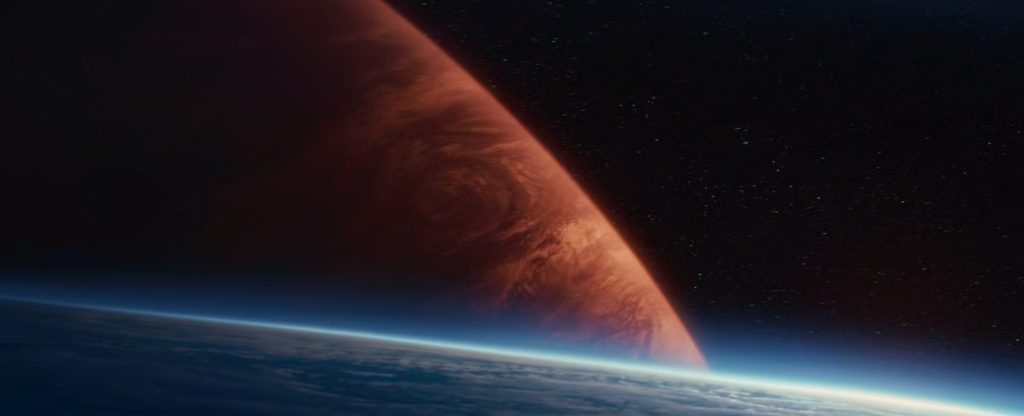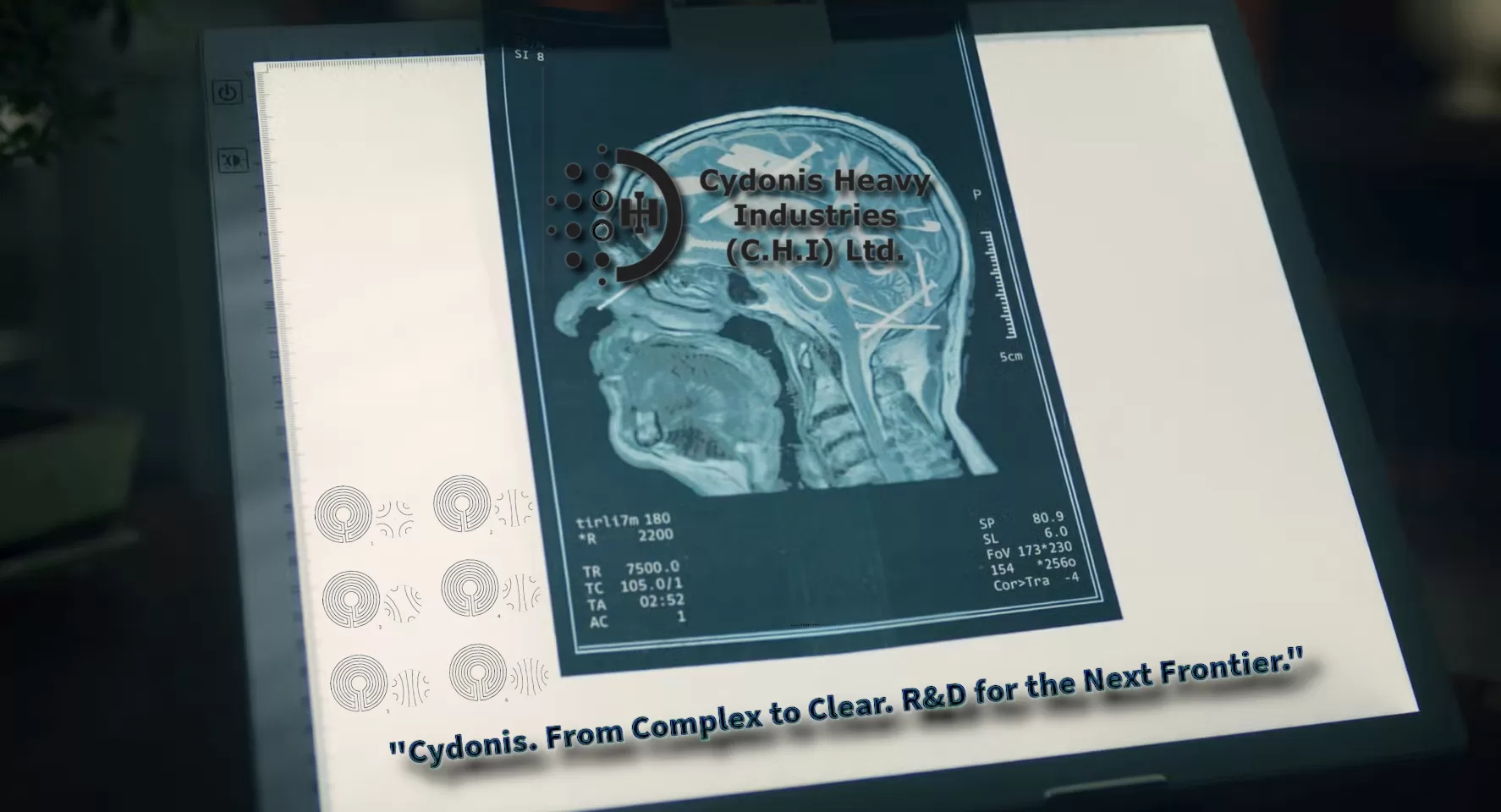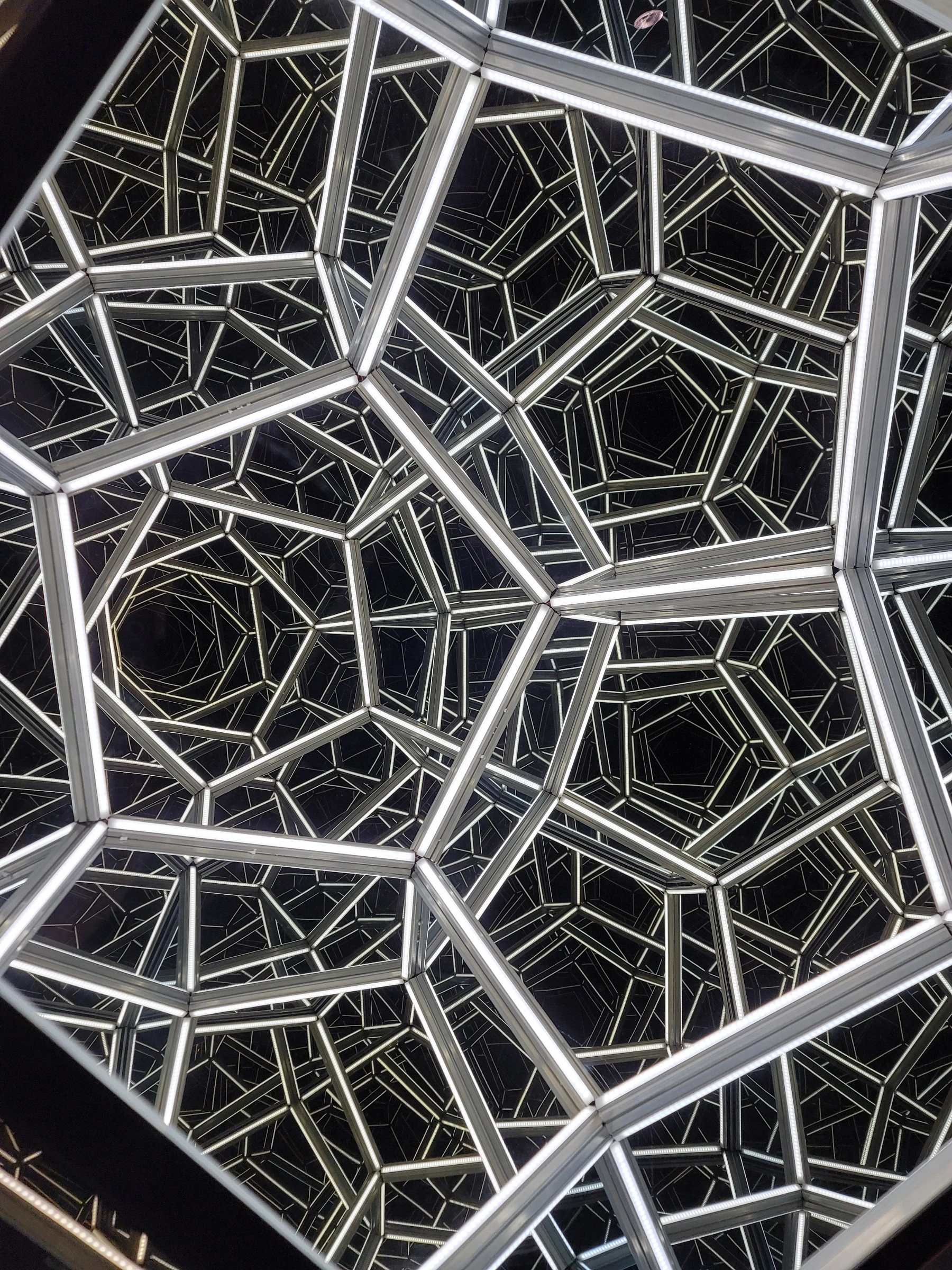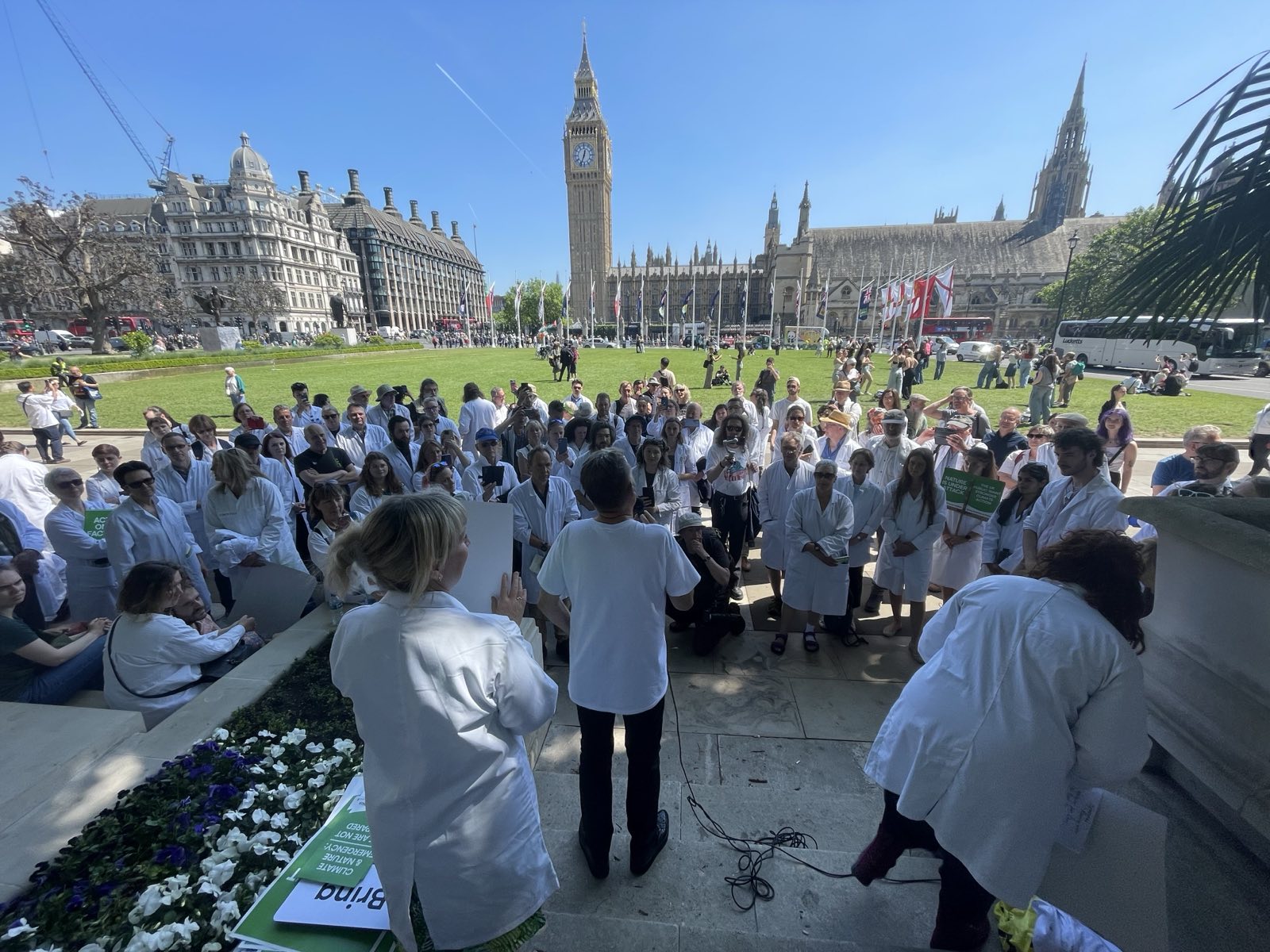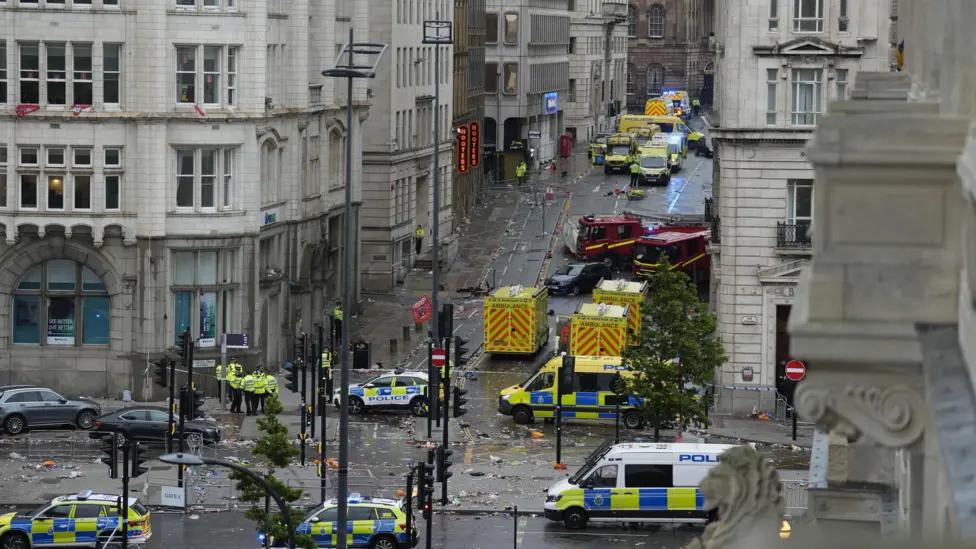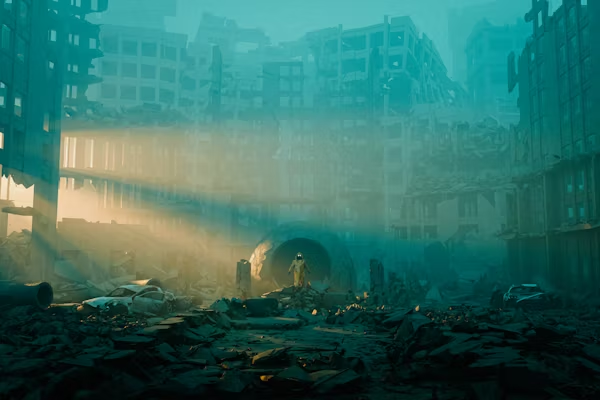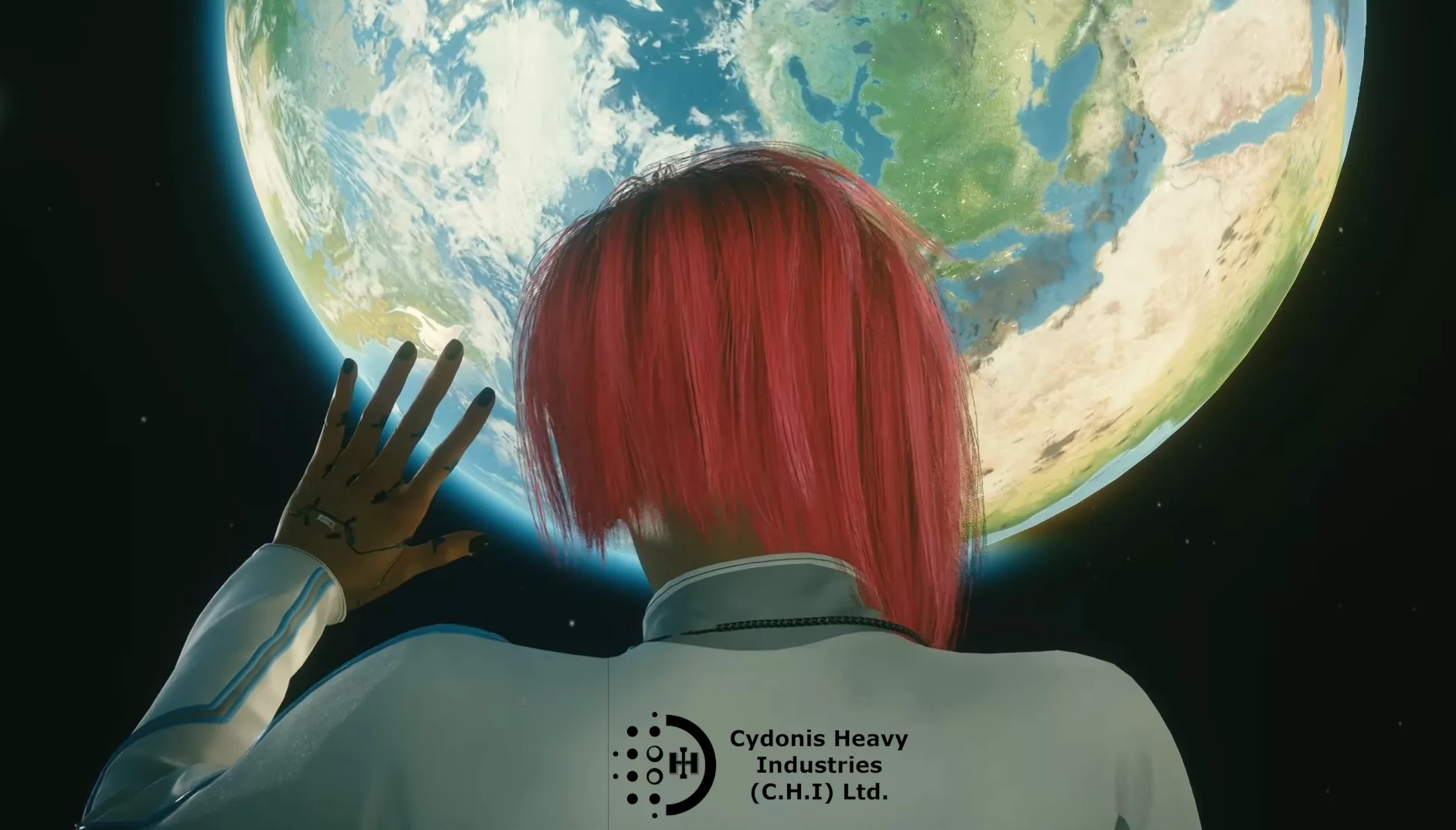A Solar System’s Terrifying Nightmare Scenario

Ever gaze up at the night sky, perhaps spotting Jupiter as a brilliant point of light or catching a glimpse of Saturn’s rings through a telescope? These colossal gas giants – Jupiter, Saturn, Neptune – are familiar celestial neighbours, majestic and seemingly eternal sentinels of the outer solar system. We study their swirling storms, their myriad moons, and their powerful magnetic fields. But what if, in a horrifying instant far beyond any sci-fi blockbuster, their immense mass was spontaneously, and entirely, converted into pure, raw energy? It’s a scenario that bends the mind, but by exploring the (admittedly extreme) physics, we can glimpse the truly unimaginable power locked within matter. Buckle up your cosmic seat-belts, because this is one journey into hypothetical destruction you wouldn’t want a front-row seat for.
The Math of Pure Mayhem: E=mc² on Steroids
You’ve undoubtedly encountered Einstein’s legendary equation, E=mc². It’s deceptively simple, yet it underpins the most powerful processes in the universe, telling us that mass and energy are fundamentally interchangeable. The ‘c²’ part – the speed of light squared – is the real kicker; it’s an enormous multiplier (roughly 90,000,000,000,000,000).
This means even a tiny amount of mass can unleash a colossal amount of energy.
Now, imagine taking the entire combined mass of:
Jupiter (a truly mind-boggling 1.898 x 1027 kg – that’s more than twice the mass of all other planets in our solar system combined!)
Saturn (another hefty 0.5683 x 1027 kg)!
And Neptune (a respectable 0.1024 x 1027 kg)…and plugging that staggering total (around 2.5687 x 1027 kg) into the ‘m’.
Do the maths 🔊🎤(she did the monster maaaths… ahem…)👻✨ (Total Mass x Speed of Light Squared), and the energy release is a brain-melting 2.31 x 1044 Joules.
To try and wrap our heads around this number, consider: That’s roughly equivalent to the total energy our Sun will radiate over its entire 10-billion-year lifespan. All of it. Uncorked in an instant. It’s comfortably in the same league as a supernova, the cataclysmic explosion of a dying massive star, which can briefly outshine an entire galaxy.
Compare it to the Chicxulub impactor that wiped out the dinosaurs – that was about 1023 Joules. This event is over 100,000,000,000,000,000,000 times more powerful.And all of this unfathomable energy is released in less than 0.1 seconds, not in some distant galaxy, but right here in our cosmic backyard, where these planets once serenely orbited.Yeah. “Big” doesn’t even begin to scratch the surface. This is an energy release of truly cosmic, system-ending proportions.
The First Microseconds: An Unimaginable Flash & a Spacetime Jolt
The moment this hypothetical, instantaneous conversion occurs, Jupiter, Saturn, and Neptune would simply… cease to exist as matter. Where magnificent, banded giants once spun, there would be an expanding void, a sudden absence of their immense gravitational pull. This isn’t just a disappearance; it’s a fundamental alteration of the fabric of space-time, a gravitational shock-wave propagating outwards at the speed of light, heralding the chaos to come.In their place, you wouldn’t see a conventional “fireball” – there’s no atmosphere to ignite in the vacuum of space, no oxygen to fuel a burn. Instead, it would be an unimaginably intense, rapidly expanding sphere of pure energy. This energy would manifest primarily as extremely high-energy gamma rays, the most energetic form of light, along with a maelstrom of other exotic particles.
The sheer density of photons would be incredible, a silent, invisible (at first, to human eyes, had any been there to see it and survive) tsunami of doom – embarking on a destructive journey through the solar system.
Ground Zero: The Outer Solar System Annihilated (Seconds to Minutes)
The outer solar system, once a realm of icy moons and majestic giants, would become the first casualty theatre. Poor Uranus: As the next gas giant in line, Uranus would be hit full-force by this energy wave within minutes. The experience would be apocalyptic. The intense bath of gamma rays would instantly super-heat and strip away its atmosphere, sending it billowing into space. The icy mantle beneath would flash-vaporise, and the rocky core itself could be shattered or ablated away layer by layer. Uranus, if any remnant survived, would be a scarred, seething, and vastly diminished husk. It’s orbit, already thrown into complete disarray by the sudden vanishing of its more massive neighbours, would be the least of its worries as it’s likely ejected from the solar system, assuming it isn’t entirely disintegrated first.
Moons Adrift and Obliterated:
The scores of moons orbiting Jupiter, Saturn, and Neptune – worlds like Europa, Titan, Triton – would face immediate and varying fates. Those on the “near side” relative to the energy burst would be utterly obliterated, their substance converted into superheated plasma. Those on the “far side” might momentarily be shielded by the bulk of their (now-gone) parent planet, but they would be instantly unbound gravitationally. Bathed in lethal radiation and flung into wild, chaotic new orbits, they would begin a deadly game of cosmic pinball, colliding with each other, shattering into countless smaller pieces, or being violently ejected into interstellar space.
The once-orderly dance of moons would become a new, highly radioactive, and dangerously unpredictable asteroid field.Kuiper Belt Carnage: Further out, taking minutes to hours to reach, the energy wave would slam into the Kuiper Belt, home to Pluto, Eris, Makemake, and countless other icy bodies. Smaller KBOs, the cometary nuclei, would be vaporised instantly, their ices turning to gas in a flash. Larger dwarf planets would suffer extreme surface ablation; their frozen nitrogen, methane, and water ice surfaces would flash-boil violently, creating temporary, enormous atmospheres that would be quickly stripped away. They’d be cooked, irradiated, and their orbits catastrophically altered by both the radiation pressure and the gravitational shift.
Oort Cloud’s Delayed, Ominous Reaction:
The distant Oort Cloud, a vast spherical shell of trillions of comets surrounding our solar system, extending perhaps a light-year or more out into space, would feel the gravitational change much later. The radiation wave itself would take years to traverse this immense distance. As it swept through, it would sublimate the surfaces of countless dormant comets, potentially “igniting” them. More significantly, the altered gravitational landscape of the solar system could perturb the delicate orbits of these icy wanderers, sending a fresh wave – a veritable storm – of comets inwards towards the now-incinerated and chaotic inner solar system, a rain of cosmic debris arriving centuries or millennia too late to witness the main event, but adding to the long-term devastation.
The Wave Reaches the Inner Planets (Minutes to Hours)
As this relentless spherical shell of pure energy, still carrying an incredible punch, barrels inwards towards the heart of the solar system:Mars Meltdown: The Red Planet, roughly 30-50 light-minutes from Jupiter’s former domain, would be next. Though attenuated by distance, the wave of radiation would still be unimaginably intense.

Mars’s thin atmosphere would be stripped away as if it were a puff of smoke. The surface, including iconic features like Olympus Mons and Valles Marineris, would be sterilised, flash-boiled, and irradiated to a degree that makes it molten rock, glowing cherry-red. The planet itself might suffer global-scale tectonic shifts, its crust cracking under the immense thermal and kinetic shock.
Asteroid Belt? What Asteroid Belt?:
The myriad rocky bodies of the main asteroid belt, situated between Mars and Jupiter, would be caught in the crossfire. Smaller asteroids would be vaporised outright. Larger ones like Ceres or Vesta would be fragmented, their surfaces melted, and their pieces thrown into new, highly energetic, and unpredictable orbits. The inner solar system would transform into a lethal shooting gallery, filled with superheated shrapnel.Earth’s Final Moments (40-60 Light-Minutes Post-Event)This is where the scenario transitions from astronomical curiosity to utter, immediate planetary annihilation for us. The arrival of the energy front would be swift and absolute.
Like One Who, Doomed.
by Thomas Moore.
Like one who, doomed o'er distant seas,
His weary path to measure,
When home at length, with favouring breeze,
He brings the far-sought treasure;
His ship, in sight of shore, goes down,
That shore to which he hasted;
And all the wealth he thought his own
Is o'er the waters wasted!
Like him, this heart, thro' many a track
Of toil and sorrow straying,
One hope alone brought fondly back,
Its toil and grief repaying.
Like him, alas, I see that ray
Of hope before me perish,
And one dark minute sweep away
What years were given to cherish.
Atmosphere? Gone. The leading edge of gamma rays would slam into Earth’s protective atmosphere with unimaginable force. It would be superheated to millions of degrees, completely ionised, and then violently stripped away from the planet in a cataclysmic shockwave, vanishing into space within seconds. There would be no more air, no more blue sky. Oceans? Boiled Dry. The sheer energy flux hitting the oceans would cause them to flash-boil instantaneously, from their surfaces to their deepest trenches. The resulting gargantuan cloud of superheated steam would briefly become part of the expanding planetary debris before being blasted away. Surface? Molten. All life, from the smallest microbe to the largest whale, would be extinguished in a fraction of a second. The surface of the Earth – continents, mountains, all human structures – would become a roiling, incandescent ocean of molten rock. Planet? Shattered (Possibly). The energy deposition would be so immense that the structural integrity of the planet itself would be compromised. The crust and mantle would melt, and the sheer force might be enough to crack the planet apart, or at least blow off a significant portion of its mass. Even our Moon would be similarly scoured and melted. Even the Sun Shudders (Around 43 Light-Minutes from Jupiter’s former location). Our star, the gravitational anchor of the Solar System, wouldn’t escape this cosmic barrage unscathed. The Sun’s outer layers – the corona, chromosphere, and photosphere – would be massively disrupted and superheated by the incoming wave of energy. This would be like hitting it with a cosmic blowtorch.This could trigger enormous solar flares, prominences, and coronal mass ejections far beyond anything recorded in human history, blasting even more radiation and plasma throughout the already devastated solar system, further baking what’s left of the inner planets.

While the Sun’s immense gravity and internal pressures would likely prevent it from being “blown apart,” such a profound shock could have unpredictable, though probably temporary, effects on its internal fusion processes and magnetic activity. The Sun might briefly expand or significantly increase its luminosity.The Sun’s habitable zone would, for a time, be radically shifted outwards, though this would be a moot point for any life that previously existed.
The Aftermath: A New, Terrifying, and Lifeless Solar System

What would be left in the wake of this ultimate cataclysm?
A solar system changed beyond all recognition, a skeletal mockery of its former glory. The outer giants (Jupiter, Saturn, Neptune, and almost certainly a decimated Uranus) would be gone or exist only as scattered, superheated remnants and expanding clouds of gas. The inner planets, if they still existed as coherent bodies, would be charred, airless, radioactive, and lifeless husks of molten rock, slowly cooling over eons.A vast, expanding, and incredibly hot shell of gas, plasma, and planetary debris would be racing outwards from the initial sites of the explosions, eventually dissipating into interstellar space over thousands of years.
Any surviving planetary cores or large fragments would be on radically different, highly elliptical, and unstable orbits, a chaotic dance of cosmic rubble.
The Sun itself, after an initial period of violent activity and increased brightness, might eventually settle down, but it would shine down on a scene of utter, sterile desolation. The night sky from any surviving (but lifeless) vantage point would be forever changed.
The radiation hazard throughout the system would remain incredibly high for centuries, perhaps millennia, ensuring no complex chemistry, let alone life, could ever re-emerge.In short, if Jupiter, Saturn, and Neptune decided to spontaneously convert their entire mass into energy, it wouldn’t just be a “bad day” for the Solar System – it would be the final day. It’s a stark reminder of the almost inconceivable energies locked away within matter according to the laws of physics, and perhaps, a profound reason to be deeply thankful for the (usually) predictable, stately, and life-sustaining nature of our celestial neighbours!

